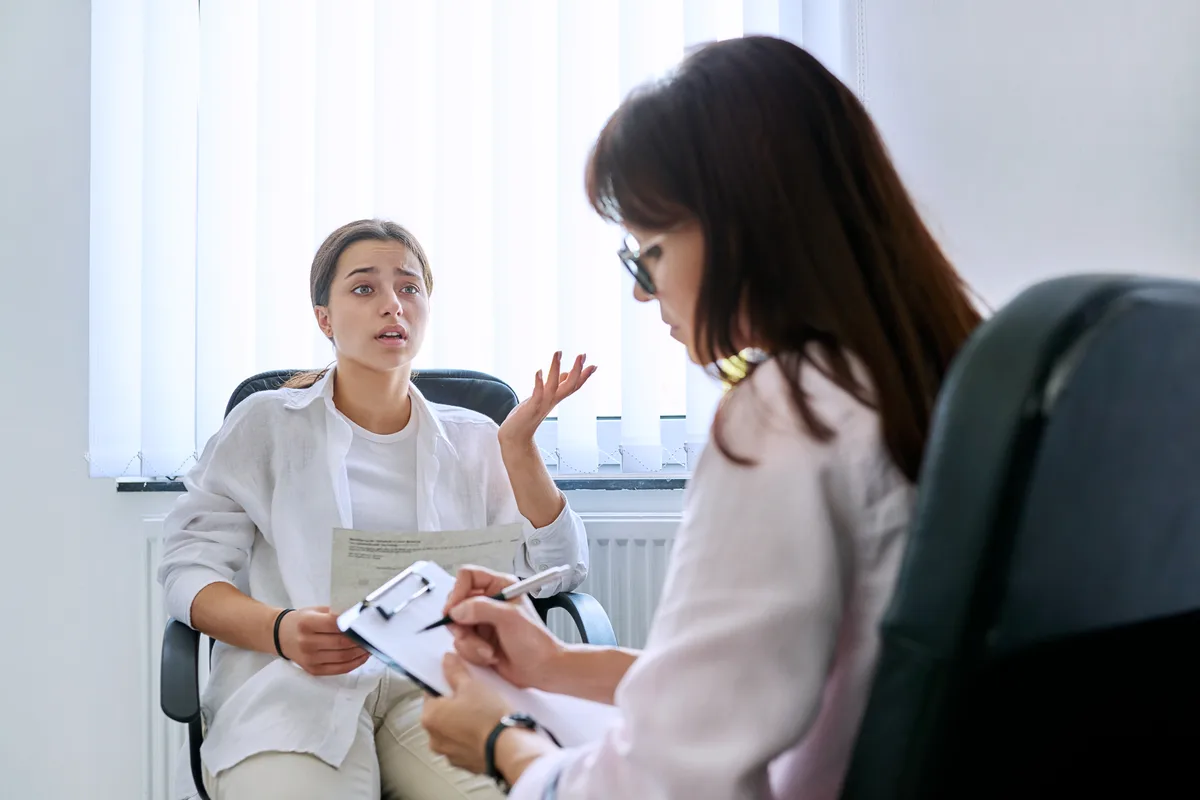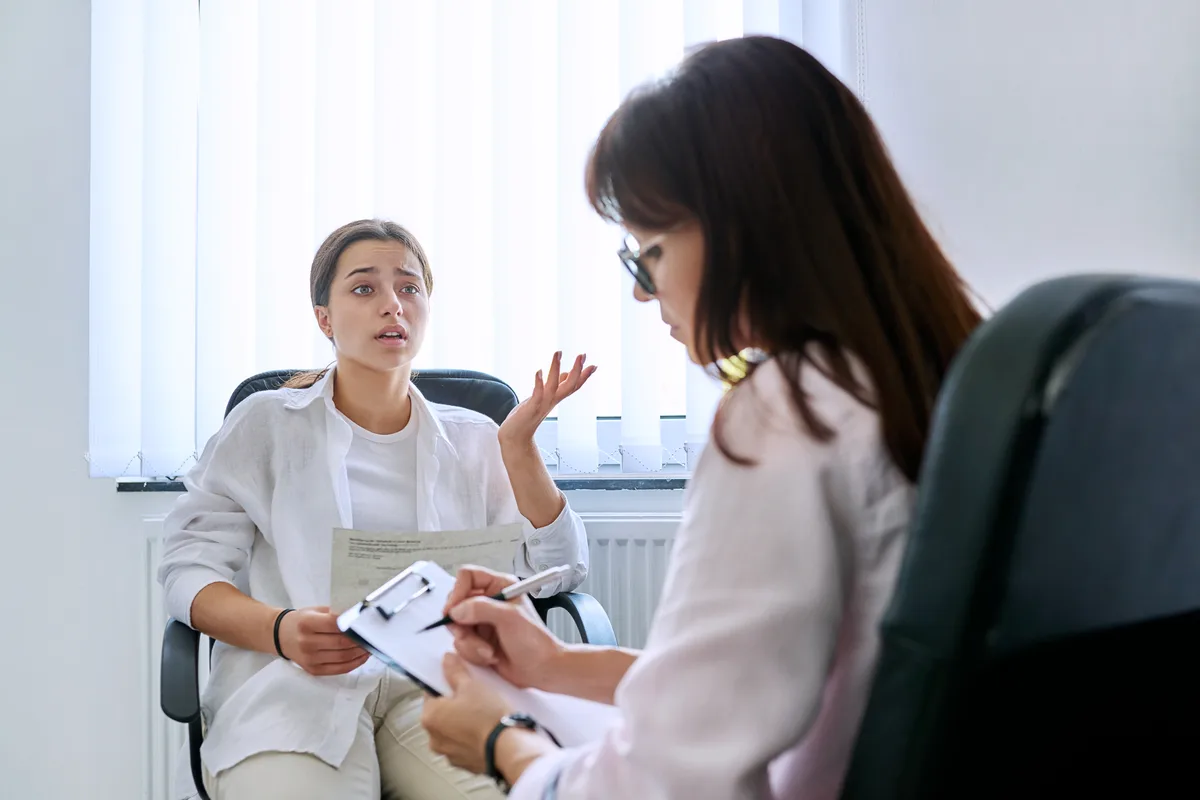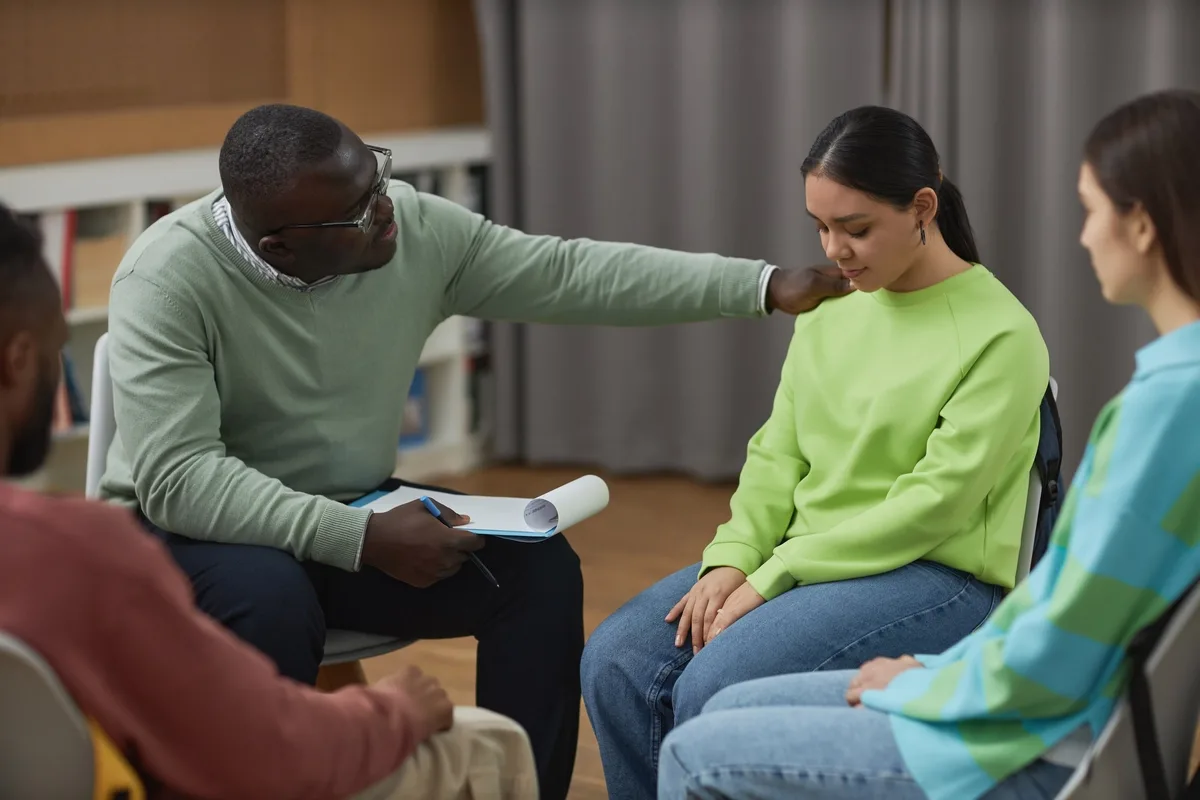24/7 Helpline:
(866) 899-221924/7 Helpline:
(866) 899-2219
Learn more about Aftercare Support centers in Lorida
Aftercare Support in Other Cities

Other Insurance Options

PHCS Network

MVP Healthcare

BHS | Behavioral Health Systems

Magellan

Excellus

GEHA

Ceridian
Beacon

Premera

WellCare Health Plans

Group Health Incorporated

Meritain

Kaiser Permanente

Choice Care Network

AllWell

Highmark

Covered California

Optima

Sutter

WellPoint












